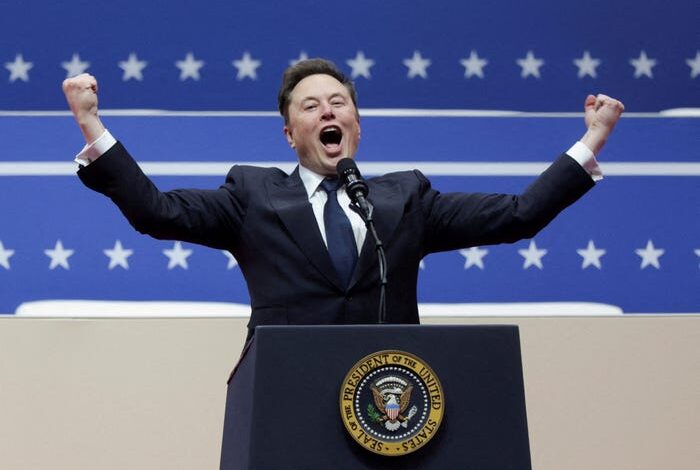Tesla Proposes $1 Trillion Pay Package for Elon Musk—Urgent Update

UPDATE: Tesla has just proposed an unprecedented pay package for CEO Elon Musk that could make him the world’s first trillionaire. Announced on Friday, this extraordinary compensation plan is contingent upon Musk achieving ambitious growth milestones, including boosting Tesla’s valuation to a staggering $8.5 trillion, and is set for shareholder approval in November.
This proposal represents a seismic shift in corporate compensation, with Musk required to nearly double Tesla’s valuation from $2 trillion to unlock the first tranche of shares. The final payouts hinge on reaching operational targets that include selling 12 million cars and deploying one million Optimus robots over the next decade. Additionally, Musk must ramp up adjusted earnings from $16.6 billion in 2024 to an astonishing $400 billion, dwarfing the earnings of tech giants like Microsoft and Apple.
The package is structured to distribute shares over a 10-year period, with specific goals Musk must hit along the way. Notably, one of the final objectives requires Musk to establish a “CEO succession framework,” addressing long-standing concerns about leadership continuity at Tesla. Musk himself previously stated he plans to remain CEO for the next five years “unless I die,” highlighting the critical nature of this requirement.
Tesla’s board has cautioned that if shareholders do not approve this monumental deal, Musk could potentially leave the company. In the SEC filing, they warned that Musk might reduce his involvement with Tesla if he does not gain more voting control, which has been a recurring point of contention for him. The board also indicated that this $1 trillion package “may not be sufficient” to keep Musk engaged, especially given the legal challenges surrounding his previous pay deal.
Key to this new compensation plan is the potential increase of Musk’s voting stake in Tesla from 13% to at least 25% if he meets the outlined targets. This increase would provide him with significant control over the company’s strategic direction, particularly in expanding Tesla’s initiatives in AI and robotics.
Tesla’s board emphasized that Musk’s pay is not comparable to other CEOs due to the unique and complex performance targets he faces. They stated that this new pay package is based on a “pay-for-performance” model that aligns with Musk’s history of ambitious goal-setting—goals that no other CEO has attempted to achieve on such a scale.
As the November shareholder meeting approaches, all eyes will be on Tesla and Musk to see if they can meet these daunting challenges. The implications of this historic pay package could reshape the landscape of executive compensation and corporate governance.
Stay tuned for more updates as this story develops.






